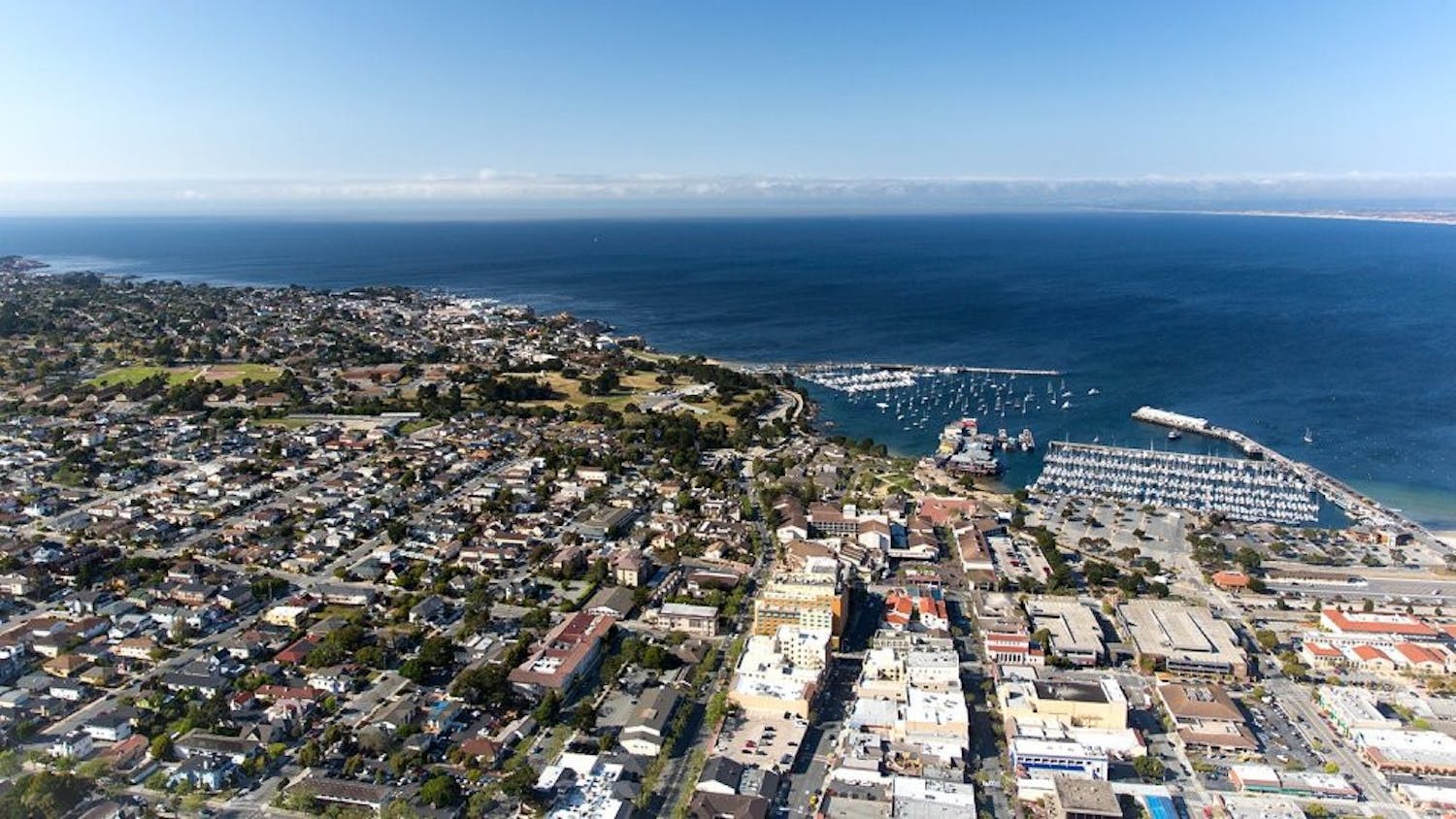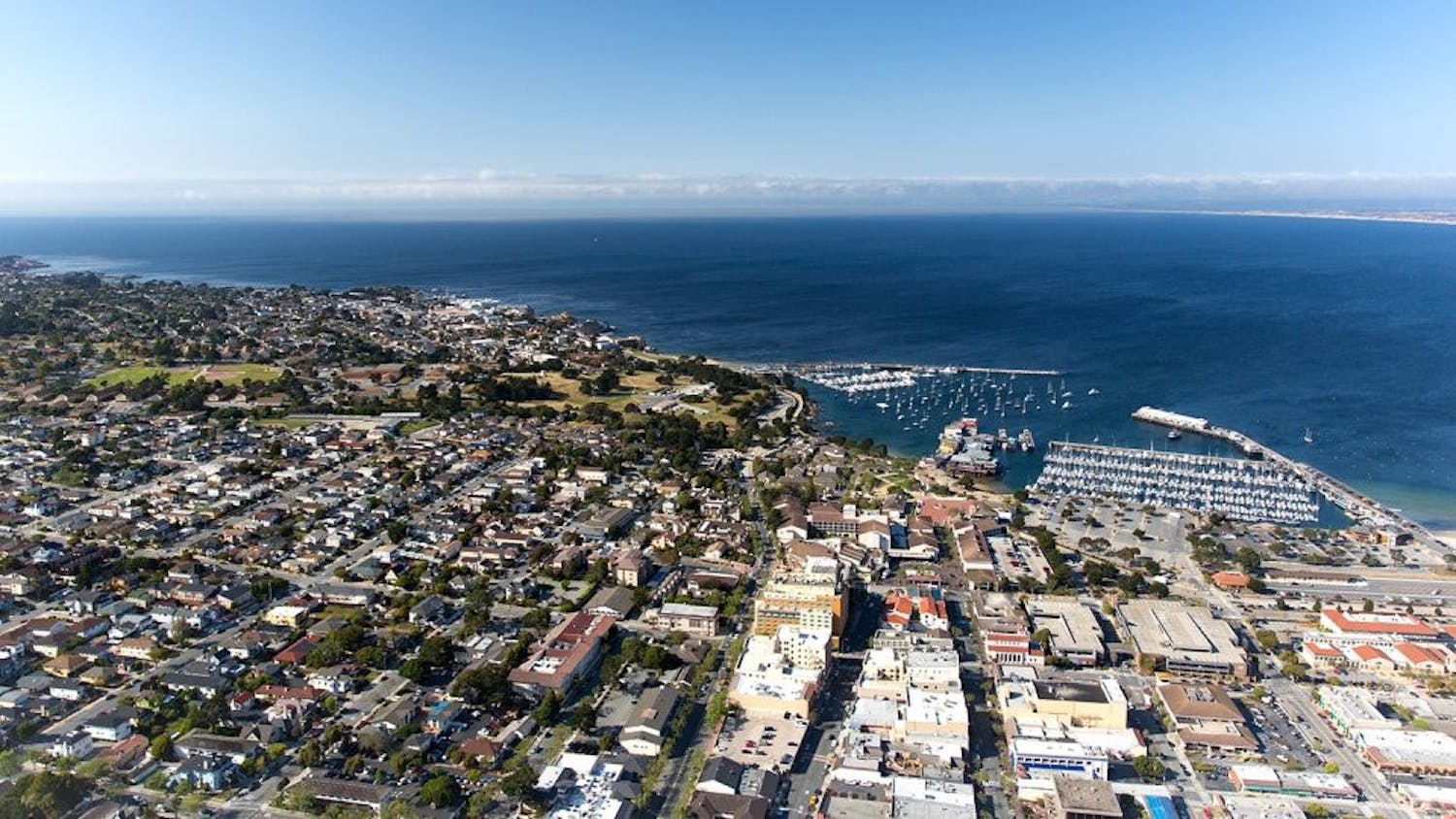On Friday, March 1, the Robert A. Jones ’59 House hosted presentations and a Q&A follow-up with students who participated in J-Term courses associated with the Monterey Institute for International Studies (MIIS). After a decade-long relationship between the College and MIIS, and the more recent integration of MIIS as the College’s graduate studies program, undergraduate students are now able to spend J-Term or a semester with MIIS on an experiential learning program that aims to complement the liberal arts education.
Zach Abdu-Glass ’13 and Hillary Chutter-Ames ’13 spent J-Term in Monterey with the Development Project Management Institute (DPMI). The program was broken into three week-long modules, in which students worked in groups to design and manage development projects. Country-specific simulations were carried out based on a problem chosen by the group, such Abdu-Glass’ group’s selection of malnutrition in children under the age of five in poor, urban areas. Identifying the symptoms and indicators of such problems, and then differentiating between the two, was an integral part of the DPMI experience. Subsequent modules addressed network analysis and strategic partnering through simulation, and facilitating participatory development.
In breaking students up into small groups, which Chutter-Ames called “exhausting and incredibly rewarding,” the program emphasized content and the process by which a task is carried out. Throughout the program, the benefits of “development” were debated.
“We wanted to draw a line between wealth and well-being,” Abdu-Glass said during his presentation. Instead of good or bad, students identified five factors, and their opposites, that influence overall well-being: freedom of choice and action, good social relations, security, physical well-being and having enough for a “good life.” These factors ultimately placed emphasis on individual and community well-being, as opposed to material wealth as a sign of success.
Both Abdu-Glass and Chutter-Ames called their Monterey experience extremely valuable, teaching them valuable skills to use and build upon in the future, no matter what field they choose to go into.
The second group to present took part in a Transitional Injustice in Chile course. Sophomores Ryan Coates, Camila Fernandez, Petr Knor, Rafael Manyari Velazco, Victoria Marambio and David Yedid spent their J-Term traveling across Chile to explore the residual effects and injustices of the Pinochet dictatorship, which lasted from 1973-1990.
The group first spent five days taking classes at a Chilean university in the capital of Santiago, ranging from history and politics to human rights, taught by university faculty and human rights lawyers working for international organizations. The students then headed south, where they met with indigenous rural communities in an area that, coincidentally, was declared an emergency area by the government due to what the Chilean government considered to be “terror attacks.” The students then traveled north, where they met with indigenous communities in urban locales to compare their respective opinions and on what it means to be “indigenous” in Chile in a post-Pinochet world.
Chile’s anti-terrorist law is the only law that has not changed since the time of Pinochet, and, according to the six students, it is used against all who occupy the lands of multinational companies, and who are thus considered terrorists. Chilean law enforcement can arrest such terrorists without public hearing, and those arrested can be held in detention for unlimited periods of time.
Nowadays, the law is used solely against the indigenous Mapuche people. International corporations establish factories on Mapuche lands and are not held accountable, destroying food and water supplies. As stated in the students’ presentation, the Mapuche people are targeted and taken advantage of because they have “the least political clout in the country.”
In meeting with Mapuche communities, the students saw hope amid oppression. It is the belief of the Mapuche people that their culture can enrich the country, and as such, they wish to preserve it, according to Victoria Marambio, who hails from Chile herself.
Through hands-on and personal experience, six Middlebury sophomores witnessed how the Pinochet dictatorship continues to influence Chile, as his policies are still alive and supported by politicians of the old regime who continue to hold office today. Injustices are propagated and human rights violations continue because the Pinochet legacy continues to hold office, even after the dictator himself has died.
Students Present J-Term Experiences with MIIS Programs
Comments



